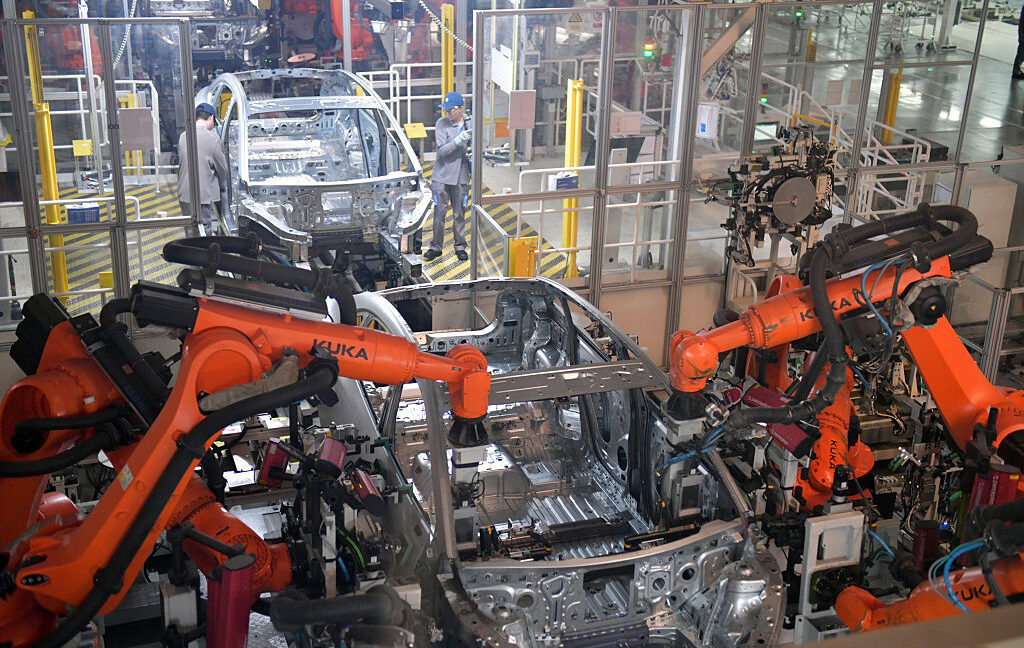The Dark Side of AI Translations
The rise of artificial intelligence (AI) has brought about many benefits, including the ability to translate languages quickly and efficiently. However, this technology has also been causing harm to minority languages, including Igbo, Hawaiian, Inuktitut, and Cree. Inexperienced users are relying on AI translations to contribute to Wikipedia, resulting in poor-quality content that can discourage users and damage the reputation of these languages.
The Problem with AI Translations
Iwuala, a professional translator between English and Igbo, has seen firsthand the damage that AI translations can cause. She often finds herself explaining to editors that AI translations can be inaccurate and even harmful. "You will be discouraged and you will no longer want to visit this place. You will just abandon it and go back to the English Wikipedia," she says. Similarly, Noah Ha‘alilio Solomon, an assistant professor of Hawaiian language, reports that some 35% of words on some pages in the Hawaiian Wikipedia are incomprehensible. "If this is the Hawaiian that is going to exist online, then it will do more harm than anything else," he says.
The Consequences of Poor Translations
The consequences of these errors can be severe. AI translators that have ingested these pages in their training data are now assisting in the production of error-strewn AI-generated books aimed at learners of languages as diverse as Inuktitut and Cree. Many of these books have been popping up for sale on Amazon, causing confusion and frustration for language learners. "It was just complete nonsense," says Richard Compton, a linguist at the University of Quebec in Montreal, of a volume he reviewed that had purported to be an introductory phrasebook for Inuktitut.
A Race Against Time
According to UNESCO, a language is declared extinct every two weeks. The Wikimedia Foundation, which runs Wikipedia, has a responsibility to ensure that the languages used on its platform are accurate and respectful. However, when asked about this issue, Runa Bhattacharjee, a senior director at the foundation, said that it was up to the individual communities to make decisions about what content they wanted to exist on their Wikipedia. "Ultimately, the responsibility really lies with the community to see that there is no vandalism or unwanted activity, whether through machine translation or other means," she said.
The Impact on Language Communities
The impact of poor AI translations on language communities can be devastating. Hawaiian, which was teetering on the verge of extinction several decades ago, has been undergoing a recovery effort led by Indigenous activists and academics. Seeing such poor Hawaiian on such a widely used platform as Wikipedia is upsetting to Ha‘alilio Solomon. "It is painful, because it reminds us of all the times that our culture and language has been appropriated," he says. "We have been fighting tooth and nail in an uphill climb for language revitalization. There is nothing easy about that, and this can add extra impediments."
Conclusion
The use of AI translations on Wikipedia has the potential to cause significant harm to minority languages. It is essential that the Wikimedia Foundation takes responsibility for ensuring that the languages used on its platform are accurate and respectful. Language communities must also be aware of the potential risks of AI translations and take steps to protect their languages. By working together, we can ensure that minority languages are preserved and promoted for future generations.
FAQs
- Q: What is the problem with AI translations on Wikipedia?
A: The problem with AI translations on Wikipedia is that they can be inaccurate and even harmful, causing damage to the reputation of minority languages. - Q: How can we prevent poor AI translations on Wikipedia?
A: We can prevent poor AI translations on Wikipedia by ensuring that language communities are involved in the translation process and by using human translators to review and edit AI-generated content. - Q: What is the impact of poor AI translations on language communities?
A: Poor AI translations can cause significant harm to language communities, including the loss of cultural heritage and the erosion of language revitalization efforts. - Q: What can be done to promote minority languages on Wikipedia?
A: To promote minority languages on Wikipedia, language communities can work together to create accurate and respectful content, and the Wikimedia Foundation can provide support and resources to help them do so.










